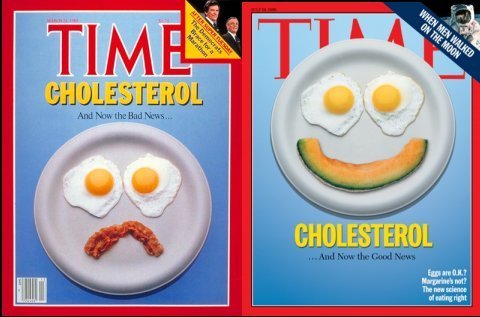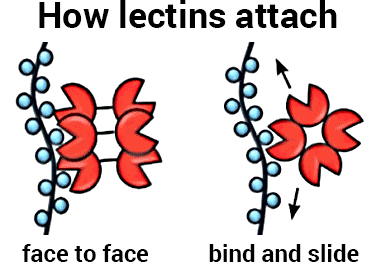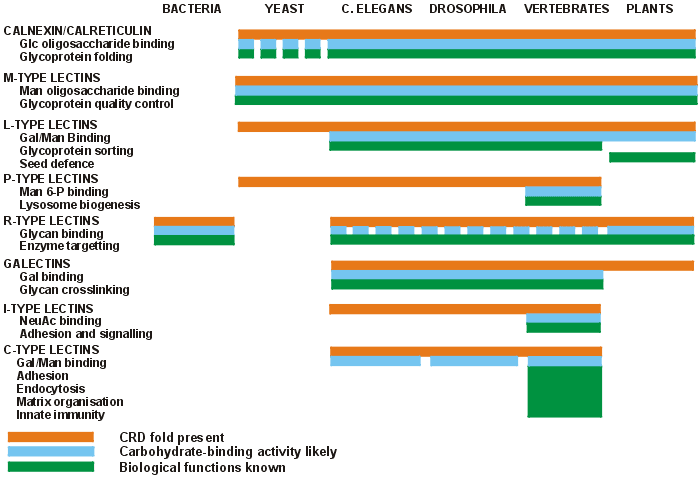Thanks for that ref. I once added beans to my previously-keto diet, as I ate a lot of stews they worked well in.
What I noticed is that I ended up wanting to eat more than I usually did. And I did not gain weight, despite a lot of extra carbs and calories. (Low cal for my size, though.) Unfortunately, I didn’t lose any, either. So I stopped eating them. I’m thinking of starting again, though, in small occasional dose. They work great in some of the meat-cheese-veg casseroles I make (based on tacos, enchiladas (red and green), etc.).
Nearly every food on earth has a whole group of people who are utterly against it because it will kill us all, and another group that thinks it’s totally groovy and great for us.
I first noticed this when I was eight and heard on the radio that carrots could give you cancer. (Seriously.) I asked my mom about it but I don’t remember her response. Over the remainder of my nearly-54 years I have seen so many foods go on the “OMG THIS WILL KILL YOU” list only to be eventually exonerated.
Eggs and butter are horrible for you according to modern college textbooks (still!!!) teaching our to-be-medical professionals. (I worked for a textbook corp for 14 years. I used to offer to paypal coworkers to handle the nutrition materials, I would get so enraged reading them!) Even very public changes apparently don’t affect the education industry.

Man’s “industry” issues for growing/raising food are certainly concerning. Modern wheat has nothing on ancient Einkorn, the original wheat, read up on that, it’s fascinating. (Most ‘gluten intolerant’ people can eat it fine. Everything is different - the gluten, the gliadin, the chromosomes, etc.) We’ve hybridized a lot of things into a disaster (modern wheat for example, but other things too).
But excluding all that, in general, I am not going to stress over the most recently villainized “real food” item.
Today for example I read a page on why a certain kind of fish was horrible. In the end it was either “it doesn’t have as much Omega 3 as salmon” (so what that is not my sole criteria for food, I eat walmart meat FFS), “it has a bit more Omega 6 than Omega 3” (see point 1) or “But in China they raise them on animal feces” (thanks I’ll be sure to look up which brands aren’t from china). None of those were in my mind a good excuse for why I should not eat Tilapia, which is on the list of one of the least-likely-to-be-mercury-polluted of fish. I don’t eat salmon because it tastes more like archetypal-“fish” than Tilapia. If I don’t eat something not-so-fishy-tasting I won’t eat fish at all, and I’d like to have just a little of it.
I think we wreck our gut biome with antibiotics, modern frankenwheat, a whole spectrum of crappy food, even bad water, chronic stress, messed up circadian rhythm and a host of other things. And we not only suffer from messed up gut biome and damaged gut, issues from that alone, but when “large proteins” get through the now-leaky gut, especially if they’re toxic due to farming practices, the body goes nuts with inflammation, and in some cases auto-immune response.
And then we blame things like beans for having large proteins. They do, and they are probably just as dangerous as every plant food, which are only slightly more or less dangerous than every animal food. We “pay” for our food. But if we have a good gut integrity and healthy body, we are able to deal with that stuff and eliminate what’s needed and recover where necessary.
I like to think that this is a parallel to things like, “A strong immune system is better than living in a plastic bubble.”
Any “real food” (short of toxic breeding or manufacture) that hurts people is usually a perfectly decent food for people throughout history. For example garbanzo beans have lectins. Yet it’s one of the most common foods for people in some parts of the world that have the greatest longevity studied. So one of the world’s experts on nutritional longevity, who just published a book I read called “The Longevity Diet” (he btw is not fond of meat or saturated fat alas, based on epidemiology studies) waxes on happily about chickpeas, go figure. If those lectins are hurting people, they certainly aren’t hurting their lifespan.
Or, maybe those people are not suffering all the BS we do in our culture, which is not the fault of chickpeas or any other bean.
To each their own. For every PhD I find waxing on in one direction about any real-food item, I find others with the opposite perspective. I do care, and I often read and listen, but I just can’t take every negative warning about a ‘real food’ item that seriously anymore… I’d have nothing left to eat!






